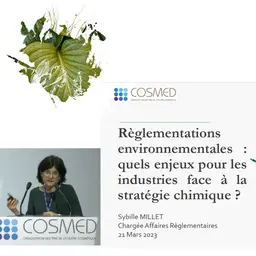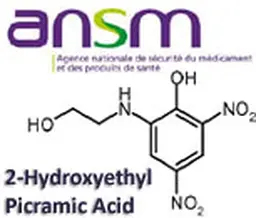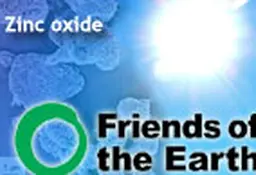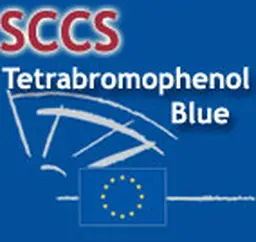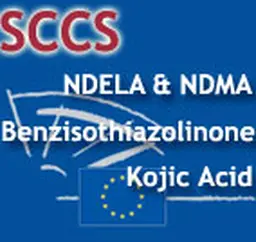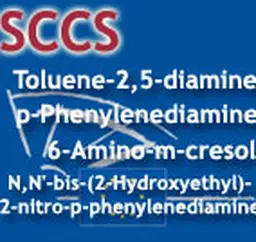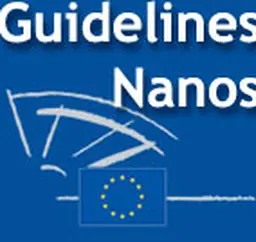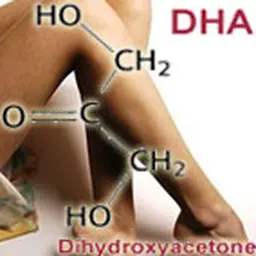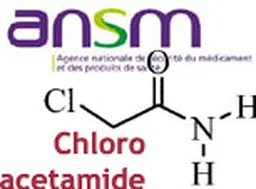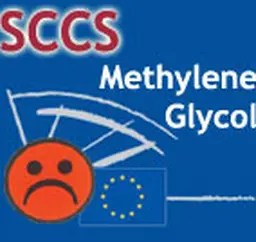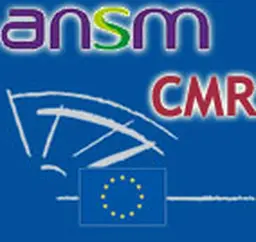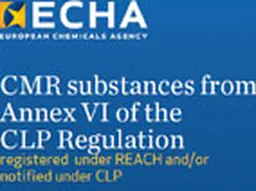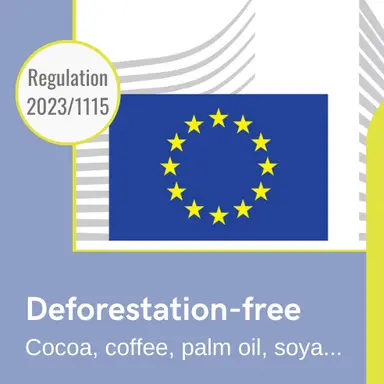
It is designed with a view to “minimising the European Union’s contribution to deforestation and forest degradation worldwide,” and “reducing the Union’s contribution to greenhouse gas emissions and global biodiversity loss.” It directly affects several raw materials used in cosmetics, and will come into force from 30 December 2024.
This Regulation is based first and foremost on a prohibition laid down in Article 3:
“Relevant commodities (i.e. raxw materials) and relevant products (i.e. containing these raw materials) shall not be placed or made available on the market or exported, unless all the following conditions are fulfilled:
(a) they are deforestation-free,
(b) they have been produced in accordance with the relevant legislation of the country of production, and
(c) they are covered by a due diligence statement.
Relevant commodities and relevant products
They are listed in Annex I to the Regulation.
Relevant commodities
The exhaustive list includes:
• Cattle
• Cattle
• Coffee
• Oil palm
• Rubber
• Soya
• Wood
Relevant products
For each commodity, a list of the products involved is detailed.
As far as cosmetics are concerned, the list includes the following products.
Cocoa
• Cocoa beans, whole or broken, raw or roasted
• Cocoa shells, husks, skins and other cocoa waste
• Cocoa paste, whether or not defatted
• Cocoa butter, fat and oil
• Cocoa powder, not containing added sugar or other sweetening matter
• Chocolate and other food preparations containing cocoa
Coffee
• Coffee, whether or not roasted or decaffeinated
• Coffee husks …

